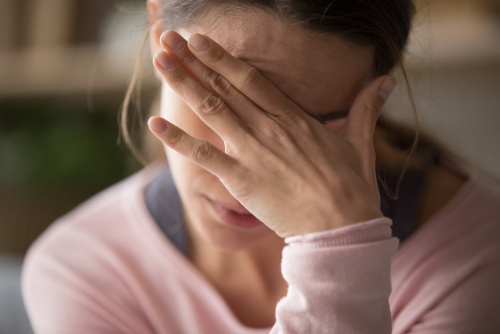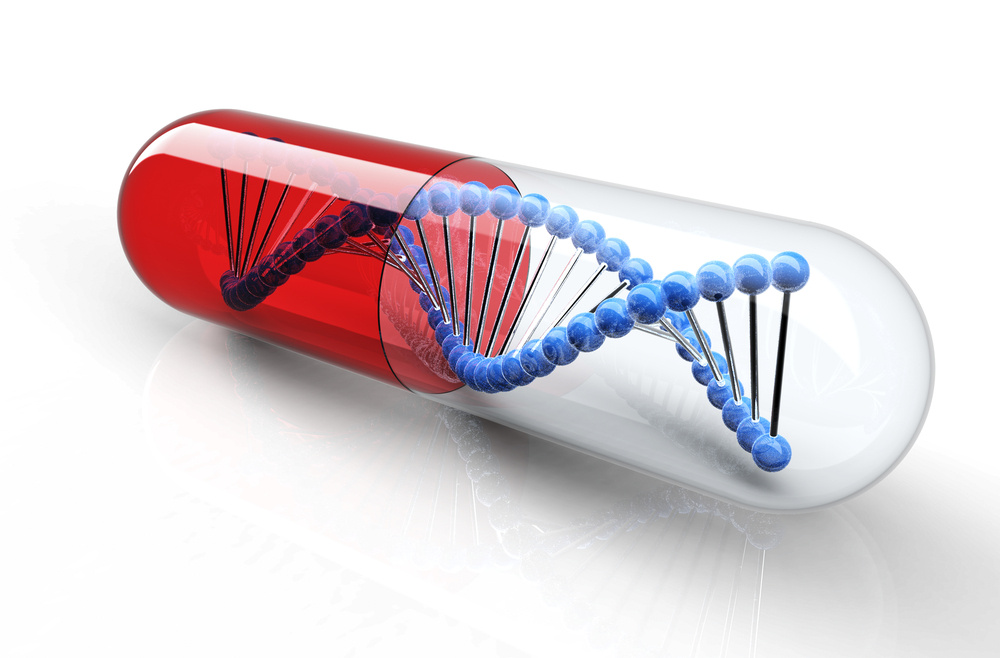Any individual struggling with substance abuse and addiction should seek treatment as soon as possible. If left untreated, substance abuse and addiction can lead to lifelong consequences, and in some cases, can result in death. Feel free to reach out to any hospital, a local clinic, or substance abuse treatment facility for more information. Additionally, there are many options for women who are interested in a female only substance abuse or addiction treatment program or all-female sober living facilities. Women in need should not hesitate to acquire more information. Researching online what female options may be available in one’s geographical area could be a good starting point.
Female Drug Addiction Treatment
Addiction is not picky; it does not pray on any specific type of individual.
In the United States, from the 1980s to the 1990s, men were primarily more prone to drug addiction, it did, however, affect many women during that time, as well. Currently, addiction still affects both men and women. In fact, there is an opioid epidemic that is presently on the rise in the United States. Though similar in many ways, men and women do differ biologically. Men and women also happen to have differences surrounding substance abuse and addiction, as well.
Research has indicated that men and women have an equal propensity to abuse stimulant drugs (cocaine, methamphetamine, Adderall…etc.).
It has been stated that women, however, become addicted more rapidly to this type of drug, and also will often experience more severe health consequences as a result of its abuse. Additionally, woman who are addicted to stimulants have a higher relapse rate than that of men who are addicted to stimulants. It has been noted that, in the last decade, women received more emergency addiction treatment for opioid abuse than men. Historically, women have been medically prescribed opioids (Vicodin, OxyContin, Percocet…etc.) more frequently than men. This is due to the fact that women are exposed to more physically painful experiences and recurring ailments (i.e. childbirth, endometriosis, rheumatoid arthritis…etc.).
There are many components to substance abuse and addiction treatment that have and will remain the same, across the board, regardless of one’s gender.
People who seek treatment for substance abuse and addiction will have a variety of options. Depending on one’s drug of choice, the detoxification step may be done under the supervision of a medical professional (in or out of a hospital or clinic) or can be done without medical supervision at one’s home. There are twelve-step programs, and non twelve-step programs. There are facilities that provide inpatient stays with treatment plans and there are outpatient treatment plans available. These programs can range in time from two weeks to six months in duration. Once a person completes an intensive treatment program, he or she can choose to return to his or her home, or take the additional step of moving into a sober living residence.
There are many components to drug addiction. For women, men can play a part in her choice to turn to drugs or alcohol.
Some women may have negative experiences with men during the time she is abusing drugs or alcohol. Some women will have had negative experiences prior to abusing a substance. Some woman will have, unfortunately, had negative experiences both prior to abusing drugs and during one’s active drug use. This can play a large roll in a woman’s recovery process.
Simply because addiction affects both men and women, one’s treatment plan can vary depending on his or her gender.
There are some steps of a treatment plan that are available for women only. One of these women only option would be to find an all-female sober living facility. This step would be done subsequent to one’s completion of an inpatient treatment program or an outpatient treatment program. Women often thrive from other positive feedback and function better with the social support of other encouraging females in group settings. A woman in addiction treatment may find an all-female sober living facility more comforting than a coed living situation.
Prior to the possibility of residing in an all-female sober living facility, perhaps finding a treatment program, either inpatient or outpatient, that caters only to women could be helpful.
There are many all-female treatment programs around the country. These programs typically will place great emphasis on the mental, emotional, physical, and spiritual support. Female only substance abuse and addiction treatment programs help women create a network of women who can support one another in living an alcohol and drug free life style.
Contact Us
Call (213) 389-9964 or fill out the form below to reach Peggy Albrecht Friendly House.
Residential Treatment
(213) 389-8810Sober Living
(310)204-3351Error: Contact form not found.



